Which Shampoo Is Best for Hair Loss? A Comprehensive Guide
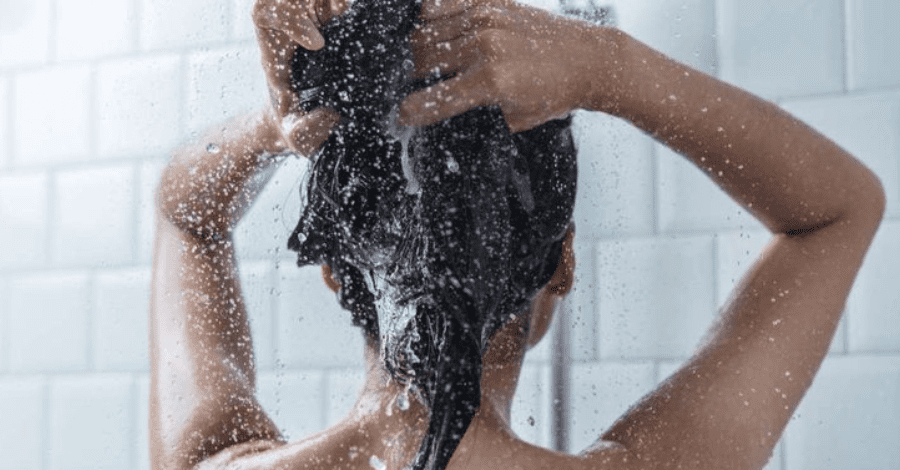
Which shampoo is best for hair loss? Hair loss can be a distressing experience, but the right shampoo can make a significant difference. With numerous options available, choosing the best shampoo for hair loss can be overwhelming.
This guide will help you understand what to look for in a hair loss shampoo and highlight some of the best products on the market in 2024.
Understanding Hair Loss
Hair loss, or alopecia, can be caused by various factors, including genetics, hormonal imbalances, medical conditions, and lifestyle choices.
While shampoos alone may not cure hair loss, they can play a crucial role in promoting scalp health, reducing hair breakage, and stimulating hair growth.
Common Causes of Hair Loss

- Genetics: Androgenetic alopecia, also known as male or female pattern baldness, is a common hereditary condition.
- Hormonal Changes: Conditions like thyroid disorders, pregnancy, and menopause can lead to hair loss.
- Medical Conditions: Autoimmune diseases, scalp infections, and certain medications can contribute to hair loss.
- Lifestyle Factors: Stress, poor diet, and inadequate hair care practices can exacerbate hair loss.
How Shampoo Can Help
Hair loss shampoos are formulated with ingredients that target the scalp and hair follicles to promote growth and reduce shedding. These shampoos can help by:
- Improving scalp health
- Strengthening hair strands
- Reducing inflammation
- Stimulating hair follicles
Key Ingredients to Look For
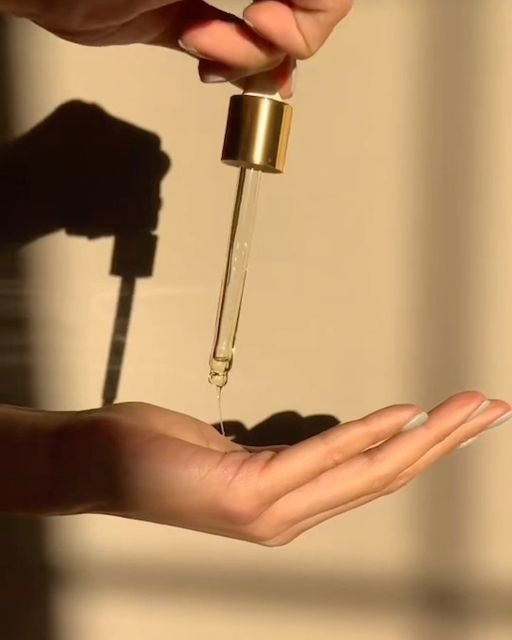
When selecting a shampoo for hair loss, look for these key ingredients known for their beneficial effects:
Biotin
Biotin, or vitamin B7, supports hair strength and growth by improving keratin structure.
Ketoconazole
Ketoconazole is an antifungal agent that can help reduce scalp inflammation and improve hair density.
Caffeine
Caffeine stimulates hair follicles and promotes hair growth by increasing blood circulation to the scalp.
Saw Palmetto
Saw palmetto is a natural DHT blocker that can prevent hair loss by inhibiting the hormone responsible for androgenetic alopecia.
Niacin
Niacin, or vitamin B3, improves blood flow to the scalp, enhancing the delivery of nutrients to hair follicles.
Argan Oil
Argan oil is rich in antioxidants and essential fatty acids, which nourish the scalp and strengthen hair strands.
Top Shampoos for Hair Loss
Nioxin Cleanser Shampoo
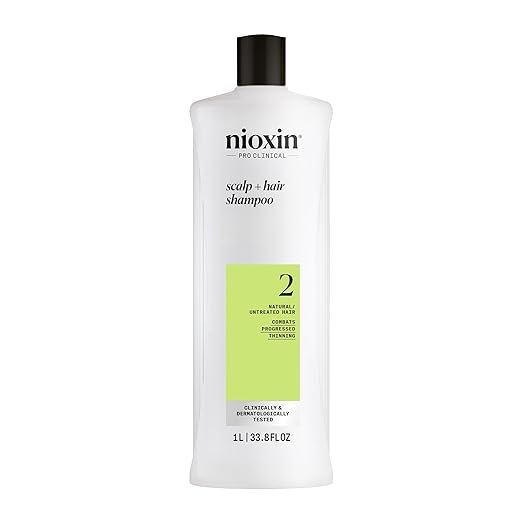
Nioxin Cleanser Shampoo is part of a comprehensive hair thinning treatment system. It contains a blend of vitamins, botanicals, and purifying agents to cleanse the scalp and promote healthier hair growth.
Pura D’or Original Gold Label Anti-Thinning Shampoo

Pura D’or Original Gold Label Anti-Thinning Shampoo features a powerful combination of biotin, niacin, and organic extracts. It’s designed to reduce thinning and breakage while nourishing the scalp.
Lipogaine Big 5 Hair Stimulating Shampoo

Lipogaine Big 5 Hair Stimulating Shampoo combines biotin, caffeine, argan oil, castor oil, and saw palmetto. This shampoo aims to block DHT, stimulate growth, and strengthen hair.
Alpecin Caffeine Shampoo
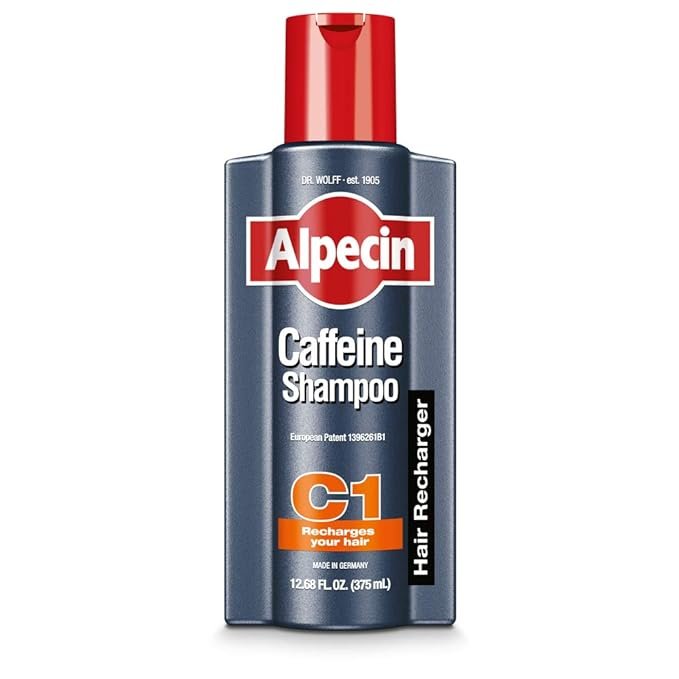
Alpecin Caffeine Shampoo is formulated to prevent hair loss and stimulate hair growth. Caffeine penetrates the scalp to invigorate hair roots and prolong the hair growth phase.
ArtNaturals Argan Oil Shampoo

ArtNaturals Argan Oil Shampoo uses a blend of argan oil, aloe vera, and rosemary to nourish and strengthen hair. It is suitable for all hair types and promotes scalp health.
How to Use Hair Loss Shampoo Effectively
Proper Application Techniques
Apply the shampoo to wet hair, gently massaging it into the scalp for a few minutes to ensure the ingredients penetrate the hair follicles. Rinse thoroughly with lukewarm water.
Frequency of Use
Follow the recommended usage instructions on the product label. Most hair loss shampoos can be used daily or every other day for the best results.
Combining with Other Treatments
For optimal results, consider combining your hair loss shampoo with other treatments such as topical minoxidil, oral medications, or dietary supplements. Always consult a healthcare provider before starting any new treatment.
Natural and DIY Alternatives
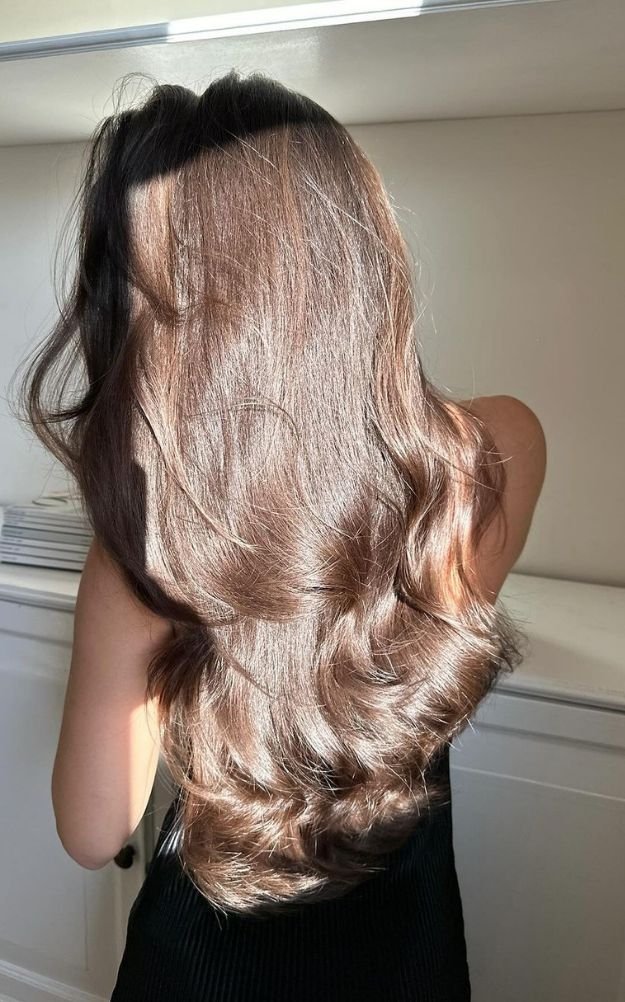
Homemade Hair Loss Shampoo Recipes
Create your own hair loss shampoo by mixing natural ingredients like coconut milk, aloe vera gel, and essential oils. These homemade solutions can be gentle and effective.
Essential Oils for Hair Health
Essential oils such as rosemary, peppermint, and lavender can promote hair growth. Add a few drops to your shampoo or dilute with a carrier oil for a scalp massage.
Natural Hair Care Tips
- Avoid Harsh Chemicals: Choose sulfate-free shampoos to prevent scalp irritation and dryness.
- Limit Heat Styling: Reduce the use of heat tools like hair dryers and straighteners to prevent hair damage.
- Regular Scalp Massages: Massaging your scalp increases blood flow and stimulates hair follicles.
Additional Tips for Preventing Hair Loss

Healthy Diet
Consume a balanced diet rich in vitamins, minerals, and proteins to support hair health. Foods like eggs, nuts, spinach, and fish are excellent choices.
Stress Management
Practice stress-reducing techniques such as yoga, meditation, or exercise to minimize the impact of stress on your hair.
Regular Scalp Massages
Massaging your scalp with essential oils can improve circulation and promote hair growth.
Conclusion
Choosing the best shampoo for hair loss involves understanding the ingredients and how they can benefit your scalp and hair.
From well-known brands like Nioxin and Pura D’or to DIY alternatives, there are numerous options to explore.
Remember, consistency is key, and combining your shampoo with other treatments can enhance results. Consult a healthcare provider to tailor a hair loss treatment plan that suits your needs.
FAQs
How long does it take to see results? Results vary, but most people start to notice improvements after 3-6 months of consistent use.
Can shampoo alone stop hair loss? Shampoo can help reduce hair loss and promote growth, but it is often most effective when used in combination with other treatments.
Are there any side effects? Some people may experience scalp irritation or dryness. If you notice adverse effects, discontinue use and consult a healthcare provider.
How do I know if a shampoo is working? Look for signs of reduced hair shedding, improved hair texture, and visible regrowth over time.
Can I use hair loss shampoo with other treatments? Yes, combining shampoos with other treatments like minoxidil or dietary supplements can enhance results. Always consult a healthcare provider before starting any new treatment.




0 Comments